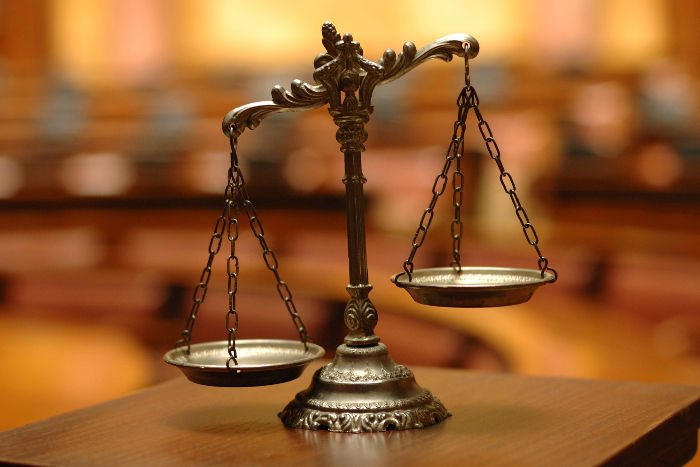
On Passover, we remember the ten plagues that were put upon the Egyptian people. Thousands of years later, modern-day plagues of inequality should ignite contemporary responses to combat these injustices. Many of the most vulnerable members of our society are disproportionately affected; they cannot be “passed over” or ignored, especially during this important holiday.
As we think about the ancient plagues, let us also keep in mind those who still live under the weight of modern plagues.
- A justice system that instills fear and divides communities does no justice at all: it must be independent and fair to foster an equal society. Just as the first plague of blood recalls violence and turmoil, we must take action to reform our criminal justice system so that it meets the highest ideals of society and overcomes the brokenness – the spilled blood – that began this cycle in the first place.
- Today, essential pathways to opportunity are blocked by a basic lack of shelter and affordable housing. Just as the plague of frogs transformed the Egyptians’ homes into unlivable conditions, the lack of affordable housing can transform lives into the most basic struggle. Until more affordable housing units are created, too many people in need will not be able to have a home of their own.
- Today’s health care system remains out of reach to so many, millions of Americans still do not have insurance. The plague of lice reminds us that affordable, quality healthcare is important to have when we are healthy, and especially when unforeseen circumstances arise. We must work to advocate for those who do not have access to health care to ensure that all Americans can receive the treatments that they need.
- Sadly the plague of gun violence in America is all too familiar; guns kill 32,000 Americans each year. Gun violence runs rampant in our communities, as did the wild animals in the fourth plague, but we have the power to end this scourge ourselves. We are commanded to take necessary measures to ensure the sanctity of human life and safety of our communities.
- Hungry kids are not a distant tragedy; they are in every community. Our tradition is explicit in commanding that we feed the hungry, and we must work to make that a reality. The plague of cattle disease reminds us how important it is to ensure that all people have the resources and support needed to live healthily.
- Malaria, spread through the single bite of a mosquito, keeps countries poor, costing the African continent approximately $12 billion a year in lost productivity and using up to 40 percent of all public health care resources. Just as malaria plagues us today, did boils plague the Egyptians when this sudden health crisis impaired their lives and livelihood.
- We must all take action to adapt to and to mitigate the effects of climate change, but we cannot lose sight of the fact that climate change most significantly impacts low income communities and people of color. The climate disruption of the plague of hail is a reminder that the onus is on each of us to take action to prevent climate disruption in communities where such events would have a devastating impact.
- Our tradition speaks strongly to valuing workers’ essential dignity as well as maintaining healthy families. Just as the locusts disrupted work and resources for the Egyptians, so does the lack of paid sick days disrupt the lives of families and workplaces across the United States. Without a national minimum standard, workers face agonizing choices between health and subsistence.
- Education is the key to opportunity and prosperity; and the fewer the educational resources, the more challenging for those students to advance in society. The plague of darkness reminds us to pursue a bright future for all our children through robust public education. We cannot keep some members of our community on the margins by denying them educational opportunities.
- There are many structural policy changes that we can make to ameliorate economic inequality. The drama and pain of the plague of the death of the firstborn does not remind of us of any one social justice issue, but it does remind us of the importance of taking action before crises become truly dire. Raising the minimum wage underscores the previous nine plagues by lifting millions of people out of poverty and taking them away from these plagues.
We cannot let these injustices of inequality continue. On Passover, we commit to structural change so that these issues will no longer be plaguing millions at home and around the globe. As we celebrate our redemption from the land of Egypt, and of the plagues that played a role in that redemption, we cannot lose sight of the plagues that still exist today.
If we can overcome these plagues, so many more people will be able to revel in the liberation and redemption that the Jewish people celebrates on Passover.
Explore Jewish Life and Get Inspired
Subscribe for Emails